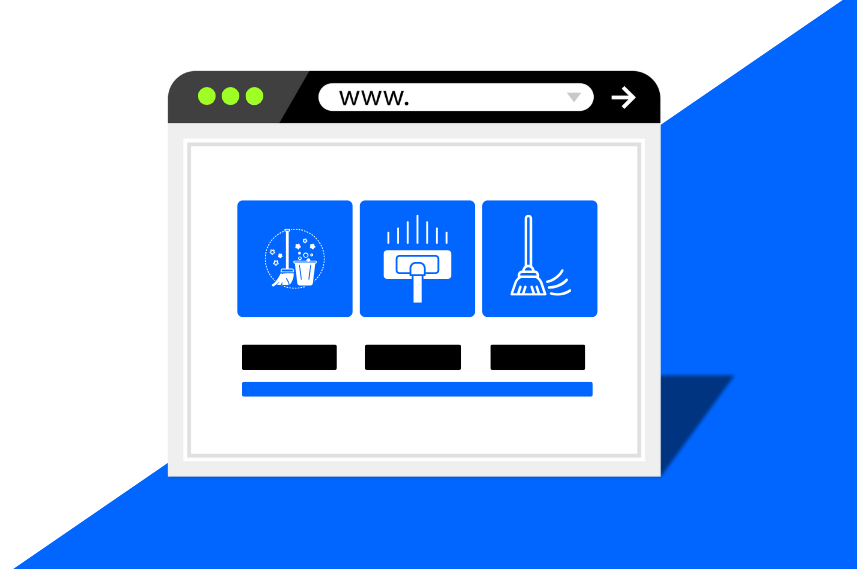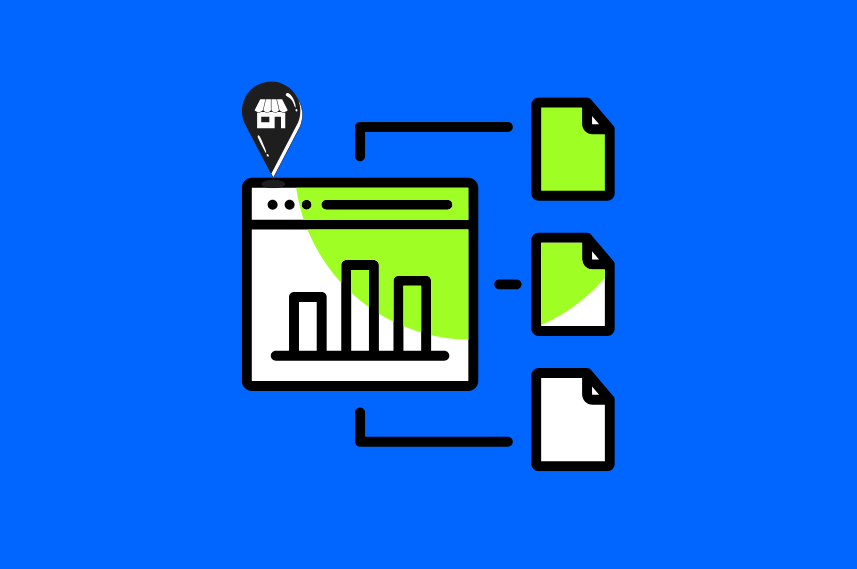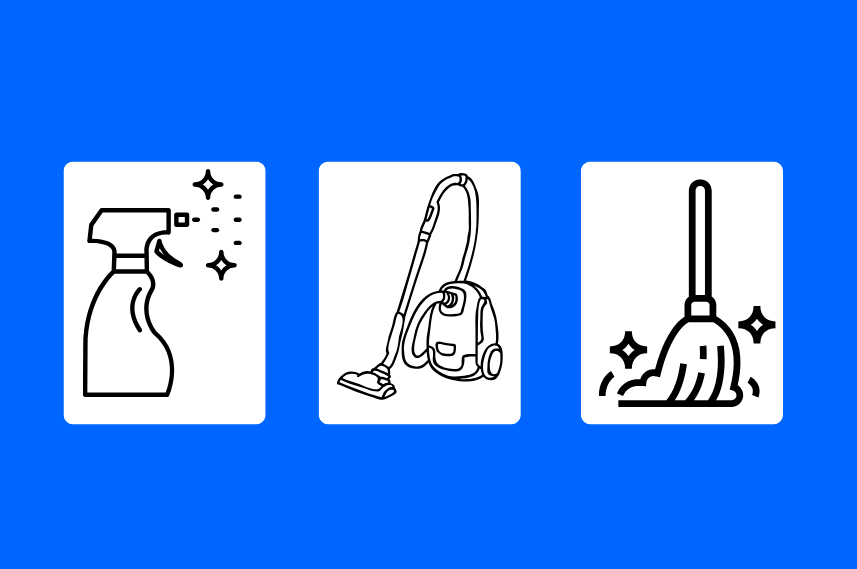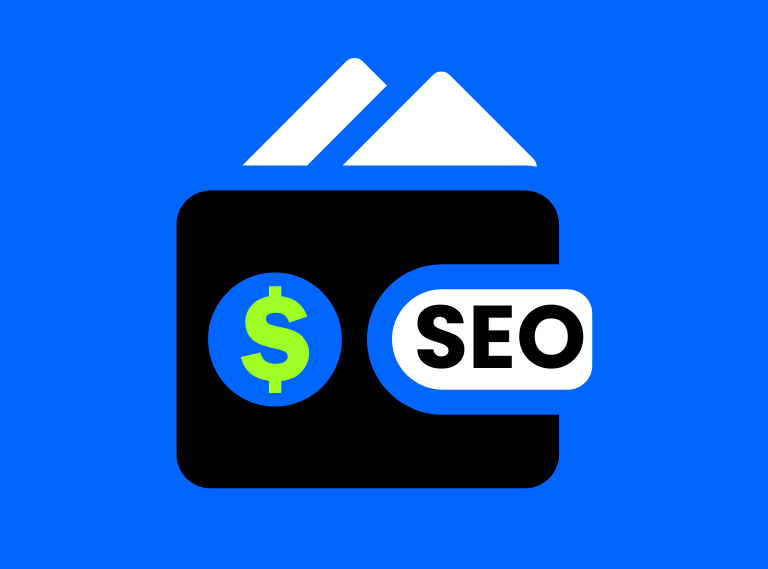SEO is the backbone of organic visibility for cleaning businesses. Whether you’re a solo house cleaner or run a full-scale commercial cleaning service, optimizing your website and online presence ensures you’re found by customers actively searching for your services. Below, we’ll explore 13 actionable recommendation, human-centric strategies tailored to the cleaning industry. These tactics align with Google’s guidelines, prioritize user experience, and focus on driving conversions for businesses ready to scale.
Funnel Based Local Keyword Research
Every successful SEO strategy starts with understanding what your customers are searching for. For cleaning companies, this means identifying keywords that reflect both your services and geographic reach. Use tools like Google Keyword Planner, Ahrefs, or SEMrush to find terms like “office cleaning services in [City]” or “emergency carpet cleaning near me.” Long-tail phrases like “eco-friendly house cleaning in [Neighborhood]” can also attract niche audiences. Prioritize keywords with local intent, as these drive high-quality traffic from potential customers in your area. Integrate these terms naturally into your website’s content, meta tags, and blog posts to signal relevance to search engines.
Optimize On-Page Elements
Your website’s on-page SEO is like a digital storefront, it needs to be inviting and informative. Craft unique title tags and meta descriptions for each service page (e.g., “Professional Deep Cleaning Services | [Your Company] | [City]”). Use header tags (H1, H2) to structure content, incorporating keywords “local house cleaners.” Ensure your service descriptions are detailed: Instead of saying, “We clean carpets,” explain how your hot water extraction method removes allergens. Include internal links to related pages (e.g., link “carpet cleaning” to “upholstery cleaning”) to keep visitors engaged and improve crawlability.
Claim and Optimize Your GMB
A complete Google My Business (GMB) profile is non-negotiable for local SEO. Fill every section: Add high-quality photos of your team in action, update business hours, and select relevant categories like “House Cleaning Service” or “Commercial Cleaning.” Use the “Posts” feature to share promotions (e.g., “Spring Cleaning Discounts”) and respond promptly to customer reviews. Embedding your GMB map on your website’s contact page can also boost local credibility. The more accurate and active your profile, the higher you’ll rank in the “Local Pack” for searches like “house cleaners near me.”

Build Local Citations
Consistency is key in local citations, listings of your business name, address, and phone number (NAP) on directories like Yelp, Yellow Pages, and industry-specific platforms (e.g., Angi or HomeAdvisor). Ensure your NAP details match exactly across all platforms to avoid confusing search engines. Target local directories such as regional Chamber of Commerce websites or community blogs. For example, a citation on “Best Cleaning Services in [City]” roundups not only builds authority but also drives referral traffic.
Leverage Customer Reviews
Positive reviews signal trust to both customers and search engines. Encourage satisfied clients to leave feedback on Google, Yelp, and Facebook by sending follow-up emails with direct links. Respond professionally to all reviews, thank happy customers and address concerns publicly to show accountability. Highlight testimonials on your website’s homepage or service pages, using schema markup (more on this later) to make them stand out in search results. Over time, a steady stream of reviews improves your local SEO and helps you outrank competitors.
Create Content to Answer Customer Questions
Blogging positions your cleaning business as an industry authority. Address common pain points with posts like “How to Maintain Hardwood Floors Between Professional Cleanings” or “5 Signs Your Office Needs Deep Cleaning.” Optimize these articles with keywords like “Deep Cleaning” while providing actionable advice. Use a conversational tone, imagine explaining the topic to a friend. Include FAQs (e.g., “How often should I hire a window cleaner?”) to target voice search queries and earn featured snippets.

Dedicated Service Pages for Every Offering
A single “Services” page won’t cut it. Create individual pages for each service, residential cleaning, post-construction cleanup, or pressure washing, to target specific keywords. For example, a page titled “Commercial Janitorial Services in [City]” can rank for local searches while detailing your sanitization protocols. Use videos or before-and-after galleries to demonstrate results, and include clear calls-to-action like “Schedule Your Free Estimate.” The more comprehensive the page, the better it satisfies user intent and search algorithms.
Ensure Your Website is Mobile-Friendly
Over 60% of local searches happen on mobile devices. If your site isn’t responsive, you’re alienating customers searching for “cleaning services near me” on their phones. Use Google’s Mobile-Friendly Test tool to check load times, button sizes, and text readability. Simplify navigation: A sticky “Call Now” button or click-to-dial feature can turn mobile visitors into booked clients instantly.
Improve Site Speed
Slow-loading sites frustrate users and hurt rankings. Compress images (use tools like TinyPNG), enable browser caching, and minimize code. If your homepage takes longer than 3 seconds to load, visitors may leave and choose a competitor. Highlight your speed improvements in marketing materials (“Fast site, faster service!”) to align technical SEO with customer expectations.
Acquire Backlinks From Reputable Sources
Backlinks from trusted websites act as endorsements for your business. Partner with local businesses (e.g., realtors or contractors) for guest blog exchanges. Offer to write a guide on “Preparing Your Home for Sale with Professional Cleaning” for a real estate website, linking back to your services. Avoid spammy directories, focus on earning links through value-driven content and community involvement.
Integrate Social Media
While social signals don’t directly impact rankings, an active social presence drives traffic and engagement. Share behind-the-scenes videos of your team, before-and-after transformations, or client testimonials. Use location tags in posts to attract local followers. Link your website in Instagram, Facebook, LinkedIn, X (tweeter) bios, and encourage followers to visit your blog for cleaning tips.

Implement Local Schema Markup
Schema markup is code that helps search engines understand your business. Use it to highlight reviews, service areas, pricing, and FAQs. For example, adding a “LocalBusiness” schema can display your star rating, hours, and phone number directly in search results. This increases click-through rates and positions your cleaning company as a top choice.
Monitor Analytics
SEO isn’t a “set and forget” strategy. Use Google Analytics and Search Console to track metrics like organic traffic, bounce rates, and top-performing pages. If your “Move-Out Cleaning” page is popular, create more content around that service. Update older posts with fresh statistics or new service offerings. Stay informed about algorithm updates, Google’s focus on E-E-A-T (Experience, Expertise, Authoritativeness, Trustworthiness) means your content should always prioritize user needs.
Final Thoughts
Remember, SEO is a long-term investment. Regularly audit your efforts, celebrate small wins (like hitting the first page for a competitive keyword), and keep your audience’s needs at the forefront. With patience and persistence, your company will become the go-to choice for clients searching for a “cleaning company near me” in your area.




